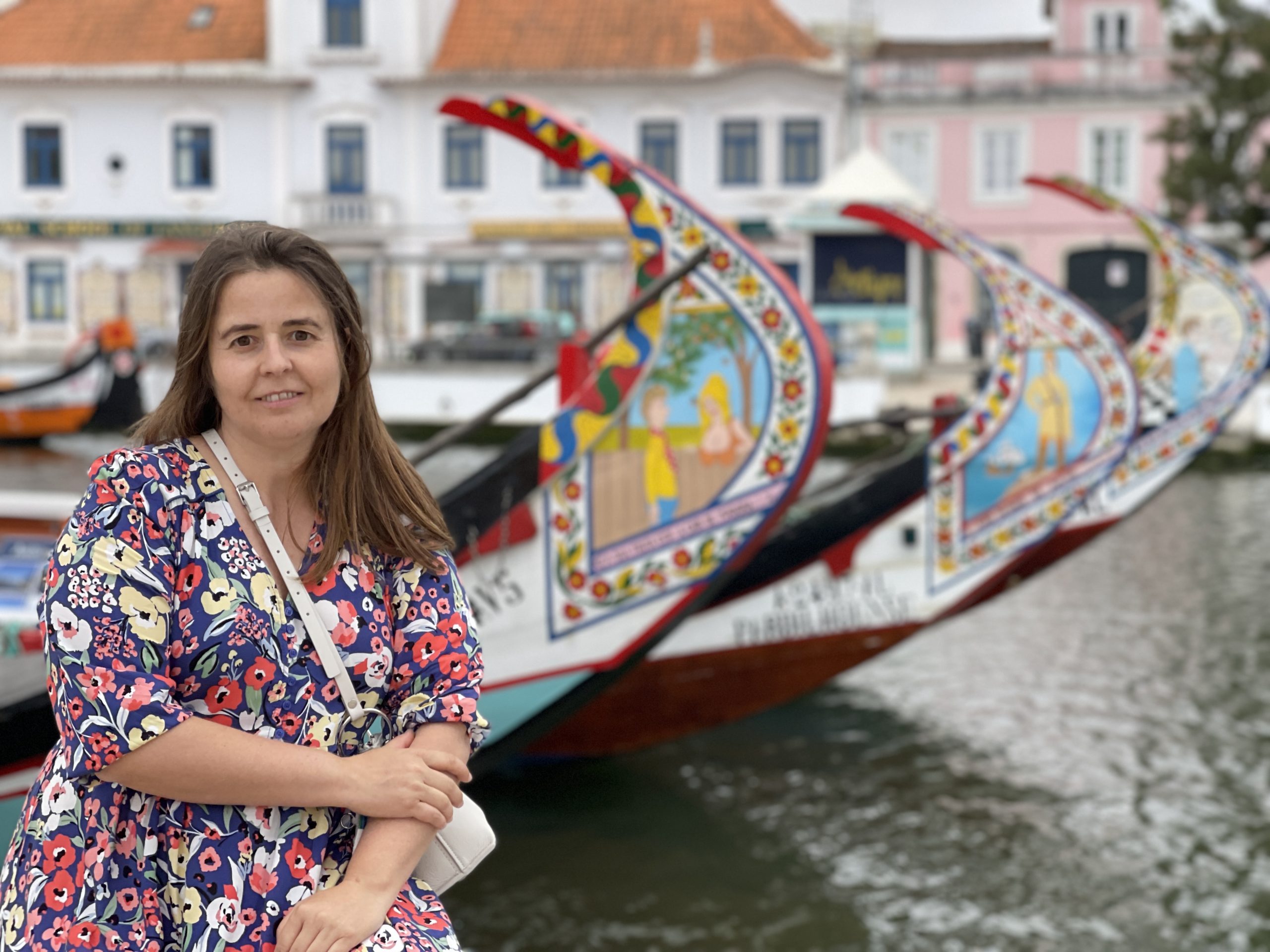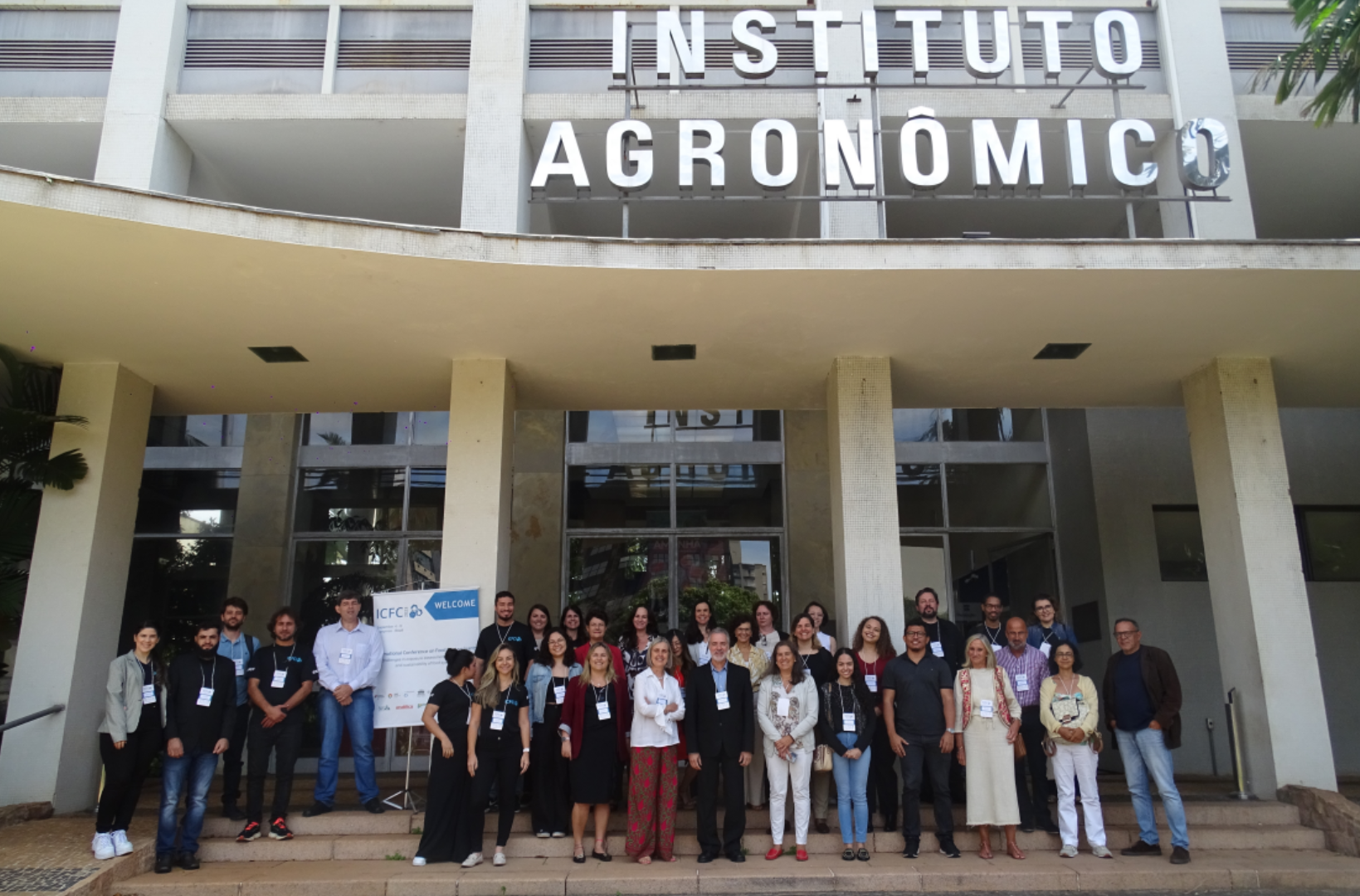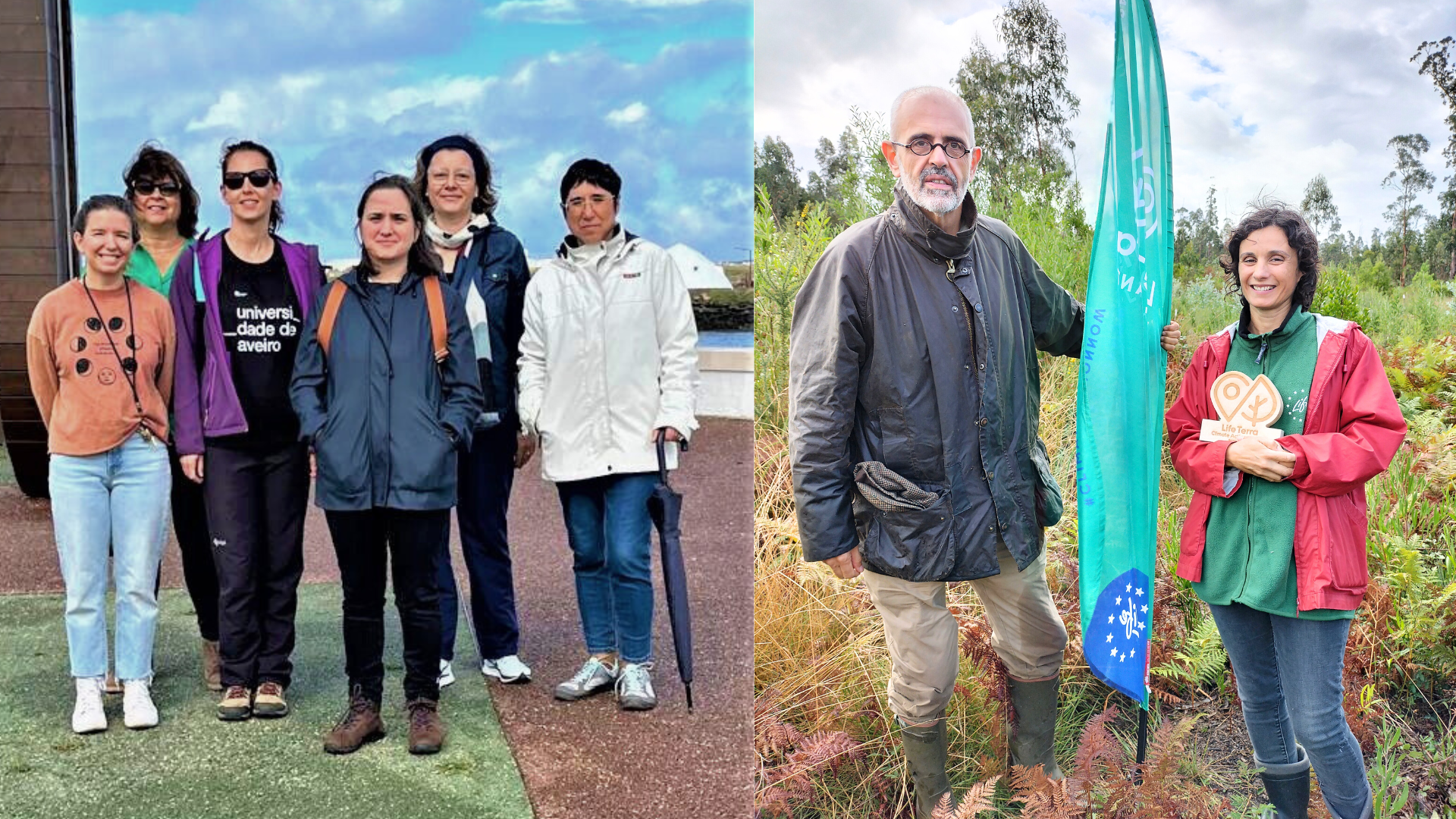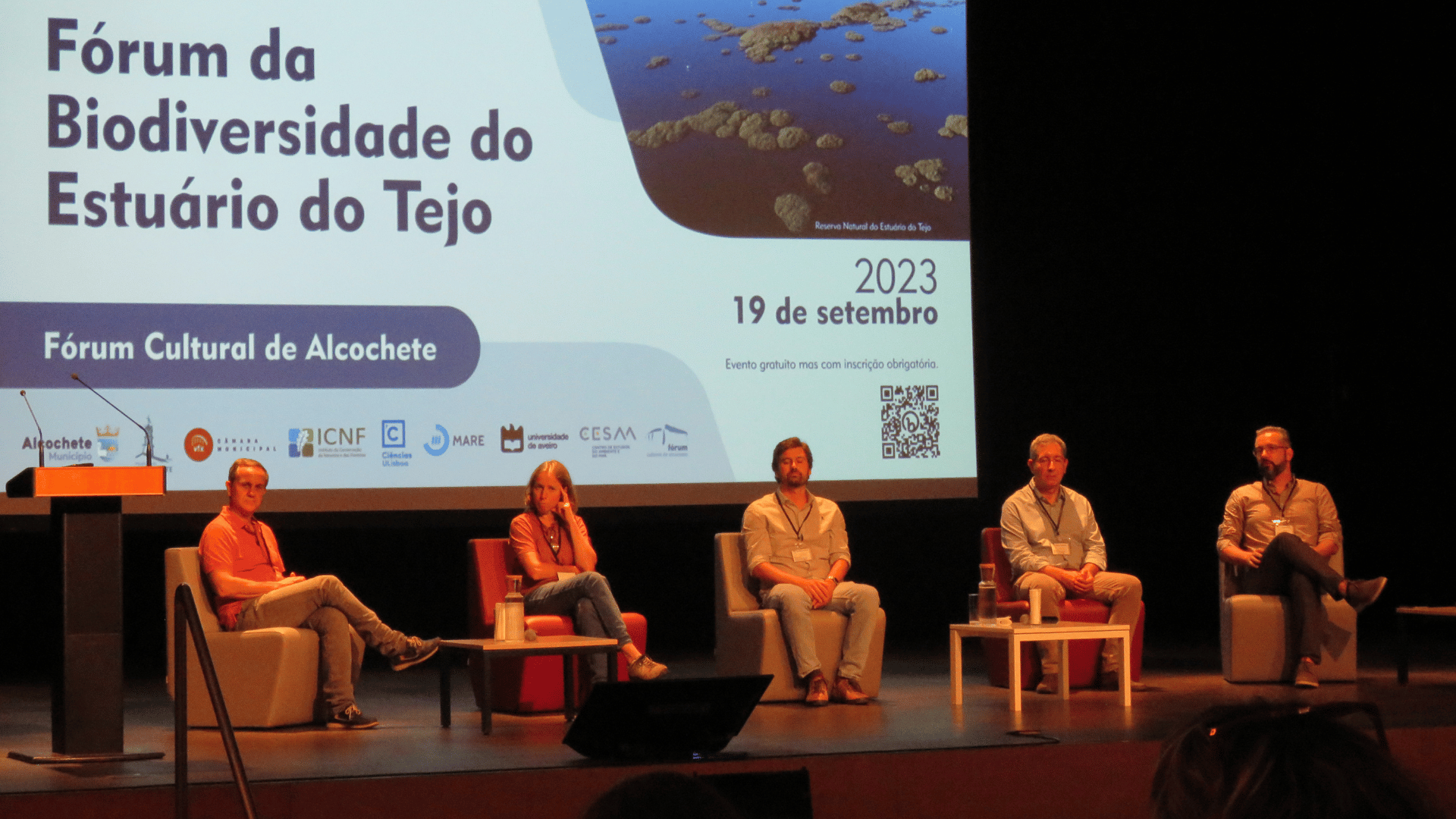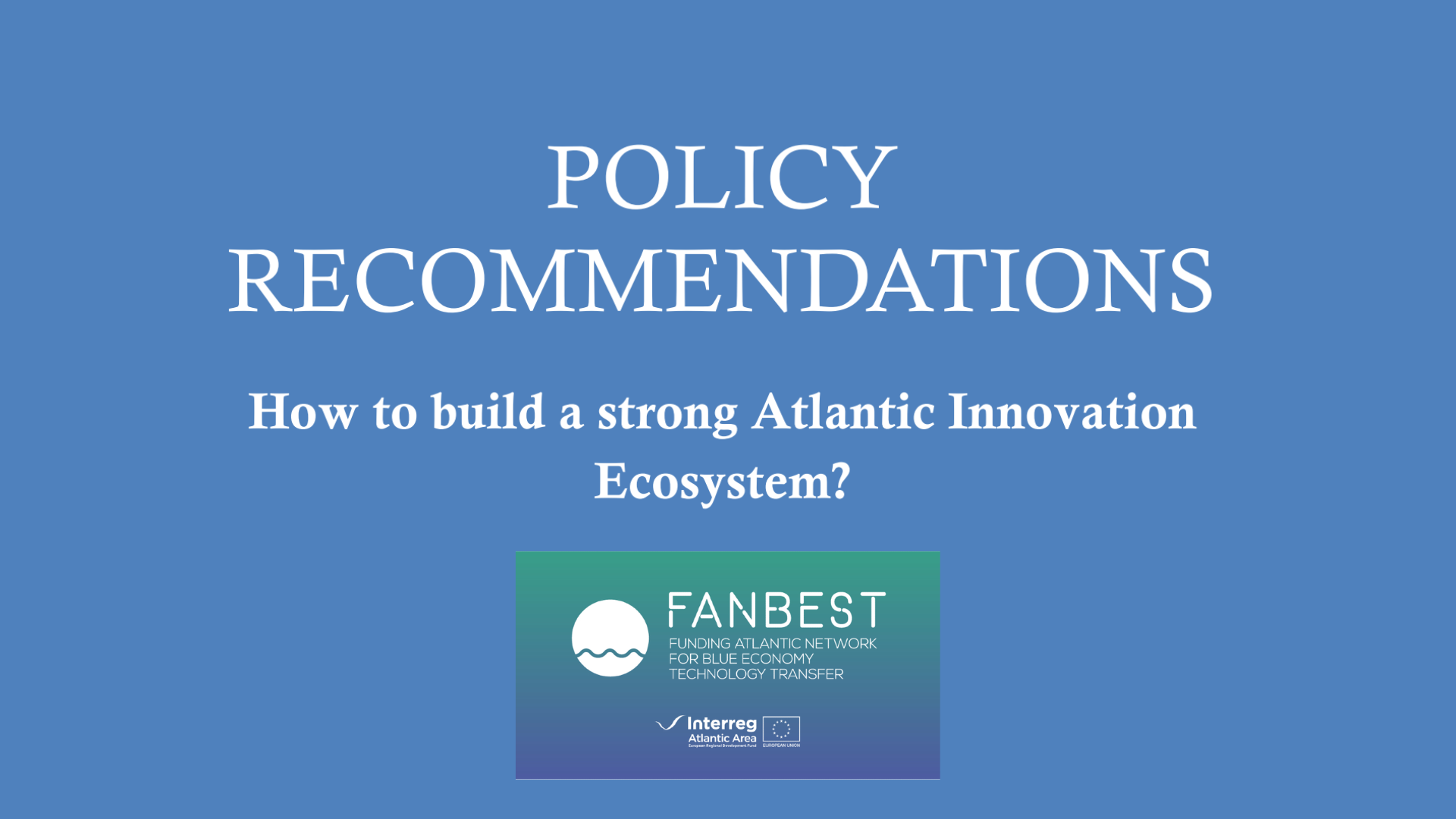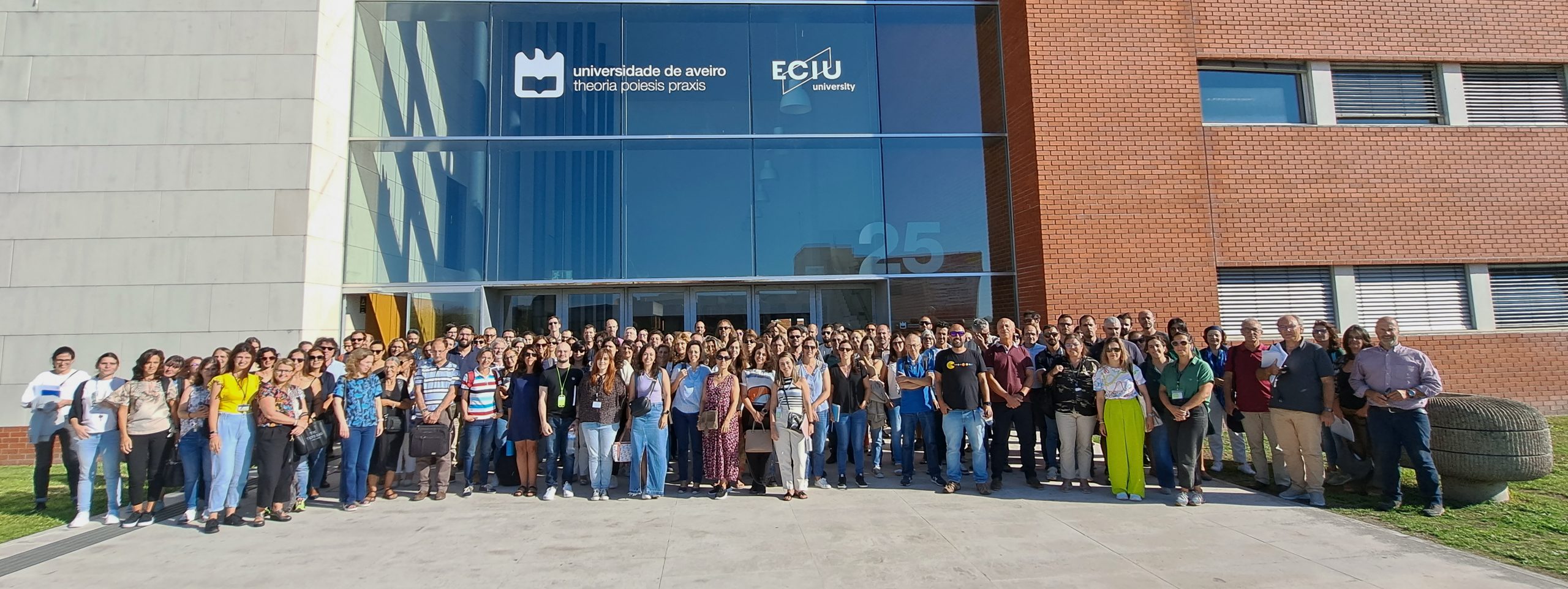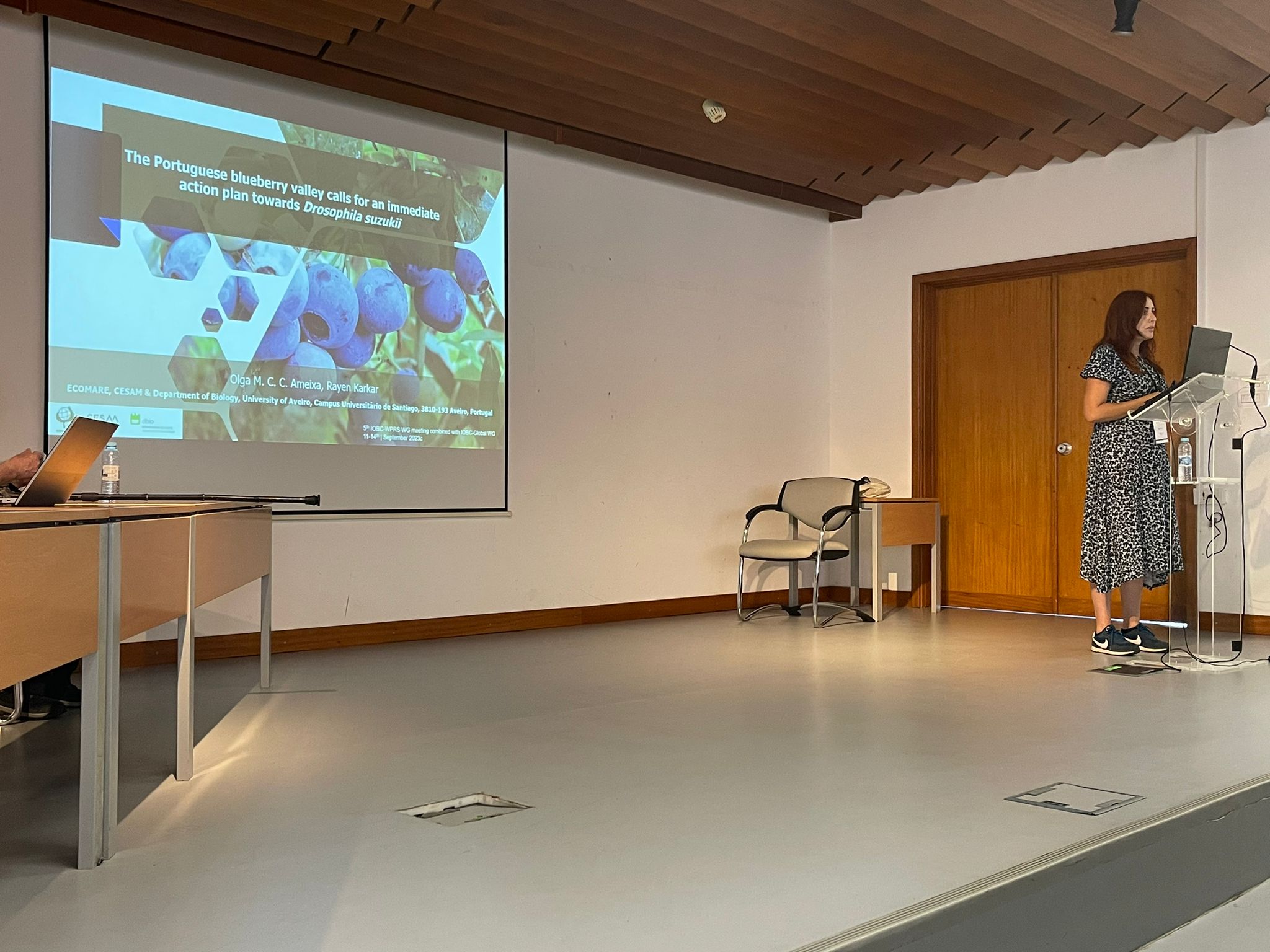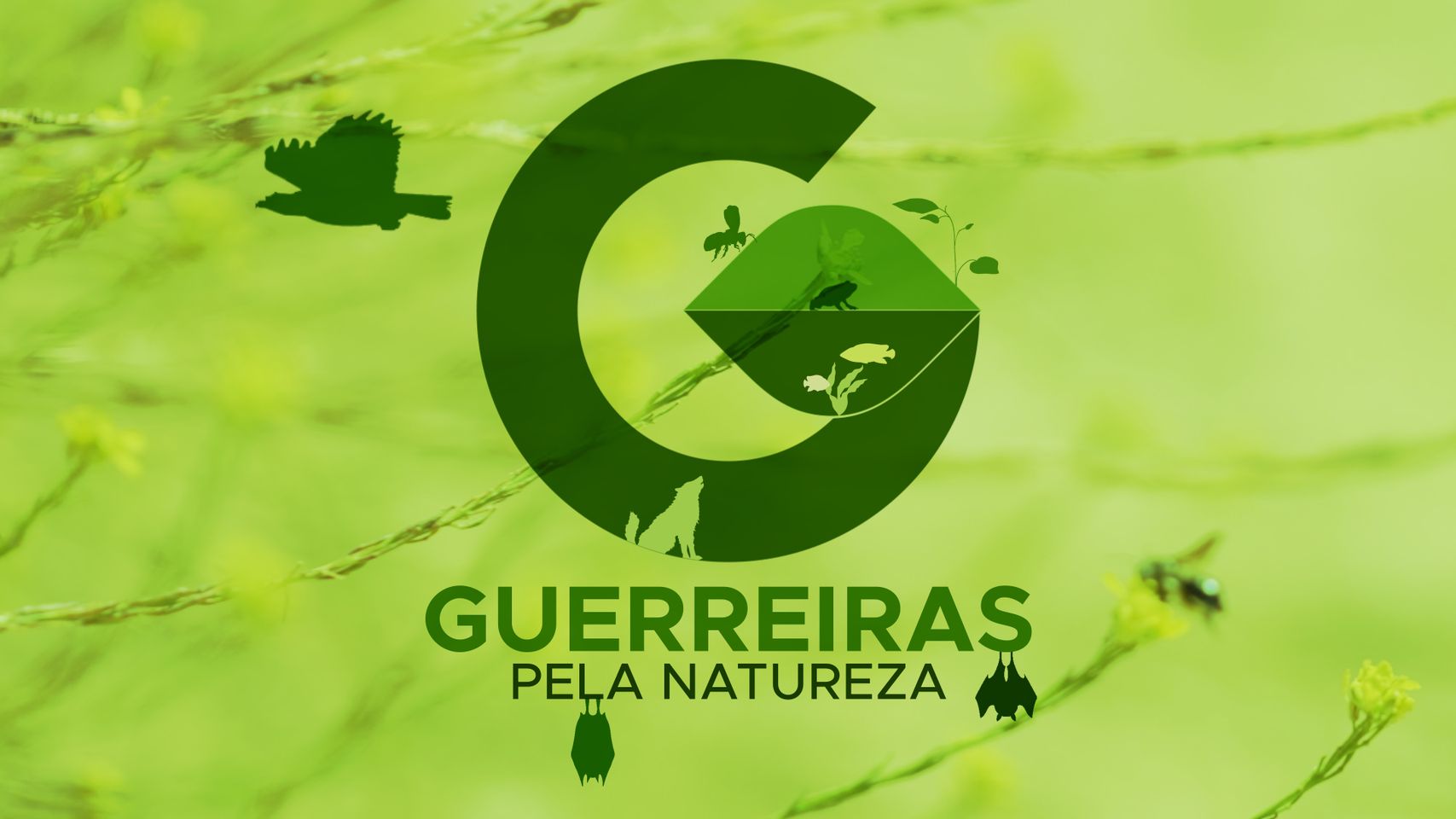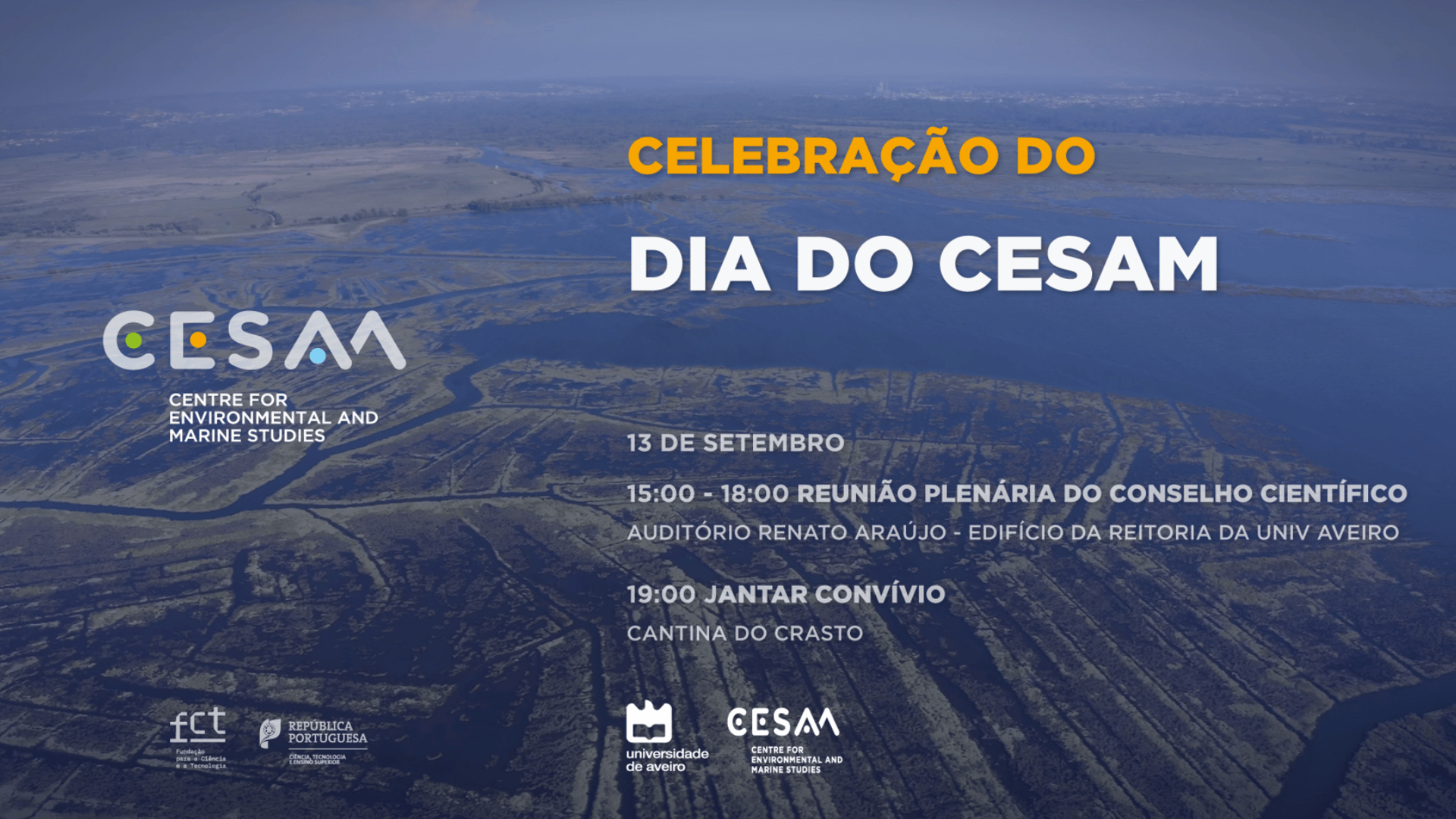On October 2, a research article about the findings related to transmissible cancer in cockles was published in the journal Nature Cancer, and it was covered by both national and international press. In this study, researchers Seila Díaz, Ricardo Calado, and Fernando Ricardo from CESAM/DBIO at the University of Aveiro participated.
According to Seila Díaz, the lead co-author of the study, “In this study, we examined cockles collected across Europe to create a collection of nearly 400 cockle tumors. Through the European Marine Biological Resource Centre (EMBRC) network, we obtained live cockles for diagnosis from various locations in Europe, including the Ria Formosa (Algarve).”
This research discusses how cockles, a species commonly found on the Portuguese coast, can contract transmissible cancers that spread through live cancer cells present in seawater. The results of this study revealed a reference genome sequence of cockles, which is an essential step in studying the evolution of these contagious cancers.
“To continue learning about contagious cancers in the sea, it’s important to continue collecting and providing high-quality genetic data. Additionally, since cockles have a high-quality genome, they can be a model species for studying these contagious cancers that also affect mammals,” states the lead researcher of the study.
The most notable discovery in this study was the presence of unprecedented genomic instability in transmissible cockle cancers. This challenges the previous belief that genomic stability is a fundamental requirement for the long-term survival of cancer cells. This discovery is particularly surprising because, unlike human cancer cells, which cannot thrive under high levels of chromosomal instability, transmissible cockle cancers can do so. This finding may have valuable implications for the development of new cancer treatment strategies in humans in the future.
Ricardo Calado asserts, “Cockles are a very important marine resource in Portugal, and the highest prevalences of transmissible cancers in Europe have been recorded on the Portuguese coasts. Therefore, Portugal should actively participate in future studies to better understand the origins and ecological and economic implications of this new concept of cancer.”
Fernando Ricardo reinforces this by saying, “With this study, we found that there are two types of contagious cancers that affect cockles, mainly from the southern coast of Europe, and these two contagious cancers are not present in all cockle populations. This is why the movements of bivalves must always be authorized because they can cause more serious ecological damage than one might initially think.”
This study was conducted by the University of Santiago de Compostela (USC) in Spain, in close collaboration with researchers from CESAM – University of Aveiro, the Wellcome Sanger Institute, and 11 other institutions, with partial financial support from the European Research Council through a grant awarded to researcher José Tubío (USC).
Seila Díaz continues to study these marine cancers through the research project called ShipClones. This project is funded by the European Union through the Marie Curie program, one of the most prestigious and competitive postdoctoral programs in Europe. This project is dedicated to studying the dynamics of these cancer transmissions and seeks to develop faster diagnostic techniques to minimize the effects of these cancers on bivalve populations.
Learn more about this article here.
Text by: Seila Díaz in collaboration with CESAM.
